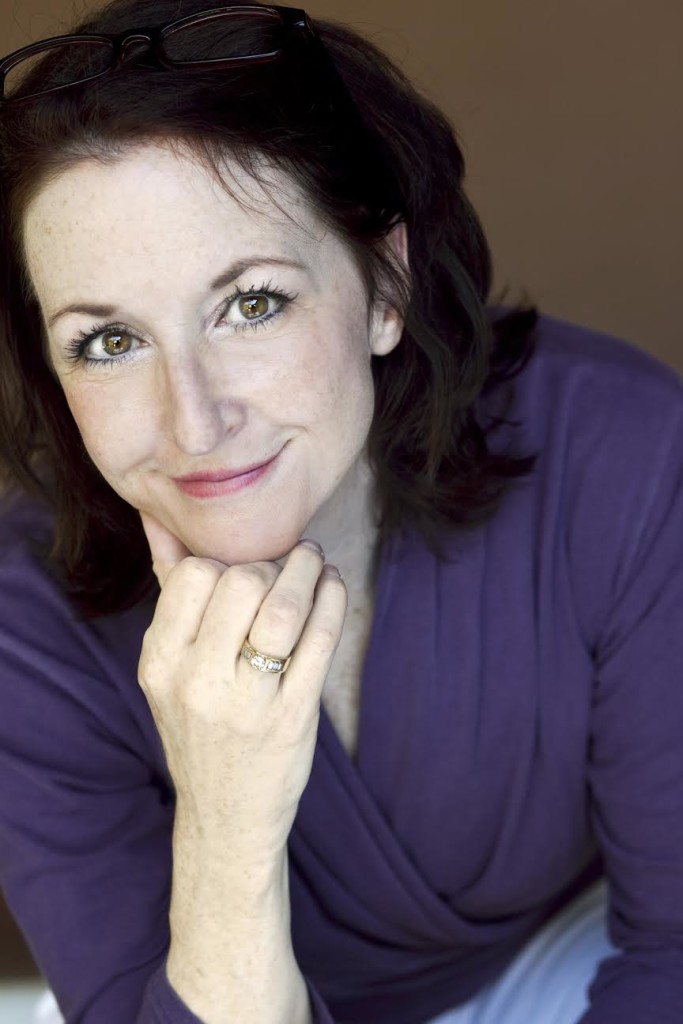 1. Tell us a bit about yourself.
1. Tell us a bit about yourself.
I’m a seasoned casting director, producer, coach, actress and founder of SOUND ADVICE, a unique, one-stop option for unparalleled voice over coaching, and exceptional demo production for all skill and experience levels.
I had been a freelance producer since I was 19 years old, producing commercials for Coca-Cola, McDonald’s, Dodge, JC Penney, FORD, Sprint, SEARS, and Kraft, to name a few. I had always been freelance because I’m a union actress as well. I’ve studied with the Royal Shakespeare in London, and came up through Chicago’s Second City and ImprovOlympic (IO), and even brought 9 shows to the Edinburgh Fringe.
2. What made you start Big House Casting & Audio and Actors’ Sound Advice?
BIG HOUSE came about to service the various casting and production demands that consistently kept coming in the door after I had produced a number of freelance projects for NPR. I was already freelance, I just named it after the enormous, greystone building we worked and lived in, in Chicago.
I started SOUND ADVICE because I couldn’t find a single, reliable source that would take me through the entire process of voiceover training, demo production, branding and marketing the career I was after. There were random people who did pieces, but didn’t have the whole in mind. I wanted a single source that honestly had my best interests in mind, understood my greatest commercial assets (perhaps even better than I did), and could produce my demos well enough to truly advance my career, not just my voiceover!
I began assisting friends, and after coaching and producing more than 100 demos for them and seeing them achieve remarkable results rather quickly, I realized my casting and production skills had a greater purpose!
3. How important is training?
It’s imperative. Without it, regardless of how naturally talented, smart, and mellifluous the voice might be… you’re dealing with a loose cannon. You can’t rely on a talent who doesn’t know their job. Trusting a million-dollar campaign to a complete hack puts everyone’s reputation on the line. And your mettle will be tested. There are no beginner, intermediate and advanced talent in this industry. You’re either a professional… or you’re not. Training defines your professionalism and instills confidence. And commerce is confidence.
4. Any tips for acing an audition?
Instead of trying to second-guess what those auditioning you are thinking, give them something interesting to think about. That’s the job! Besides they honestly aren’t thinking a thing. It’s precisely why you’re there. How would YOU play it?
THINK for yourself! In fact, entertain yourself and you’ll find your audience!
5. How different is voice over acting from acting?
There is very little, if any difference at all. Acting is acting is acting.
Voice acting is closest to film acting than any other medium, because they both demand a very vivid imagination and the desire to tell a story, often in the most constricting conditions. Personality and the ability to self direct are key attributes as well.
Perhaps the greatest difference is the fact that in nearly all voiceover scenarios, you’re all by your lonesome in the booth with no one to play off but yourself.
6. Tell us about your books.
The SOUND ADVICE Encyclopedia of Voice-over & The Business of Being a Working Talent is currently in its third edition. (There will be a fourth sometime next year.) It’s more than 500 printed pages of well-vetted industry insider information as well as How To Get An Agent, the branding, marketing and promotion of your career, to more than 100 printed pages of terms and phrases commonly used in all manner of acting for recorded media.
7. How do you become a successful voice over actor?
Do your homework. Practice. If you were to honestly dedicate 25 to 30 hours a week, what would be considered part-time for any other business, for a year or more to creating a voiceover career for yourself, then the chances of becoming successful in this field is more likely—provided, of course, you have realistic expectations and you wisely allocate your time.
You need a proper Vocal Warm Up, and maintain it 4 to 5 times a week for a solid half hour to 45 minutes at a time. Granted it may take you a couple weeks to incorporate it into your weekly routine, but without it your vocal precision and stamina won’t be as reliable as it should be.
Check out our website www.voiceoverinfo.com. Study up. Listen to a lot of demos.
Listen to our podcasts then email us. We have talent all over the world. Provided you have a reliable computer and stable Internet service, we can generally work with just about anyone from anywhere—we just don’t invite everyone to do a demo. (Our name is on it too. We don’t produce a demo track in an hour. Nearly every other demo production house does.)
Everything we do as SOUND ADVICE, just like in nearly everything in voiceover, is one-on-one. We don’t cookie-cutter anything. And we offer the best insight because we continually survey the industry as to what’s needed and wanted from talent in every aspect of the industry.

